What is distillation?
- A homogeneous mixture containing solids and liquids is heated together in a closed distillation flask.
- Liquids escape from the distillation flask and form vapors because they are volatile.
- These vapors are cooled by passing through the condenser.
- Pure liquid is obtained by the process of condensation in a given container.
- Non-volatile solids remain as residue.
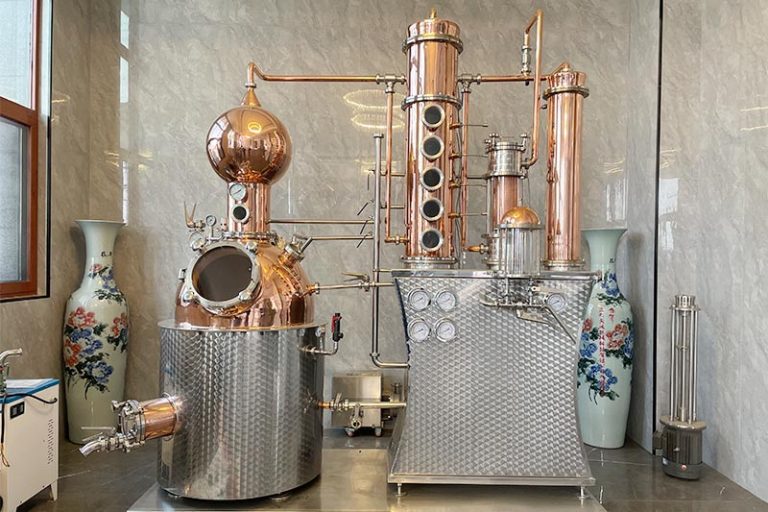
Distillation principle
- Distillation takes place at the boiling point of the solvent. Boiling occurs when the vapor pressure equals atmospheric pressure.
- When the relative volatility of the liquid is high, the separation effect of the mixture components is better.
- When heat is applied to a liquid, the vapor boils and then condenses.
Distillation type
simple distillation
steam distillation
Fractionation
vacuum distillation
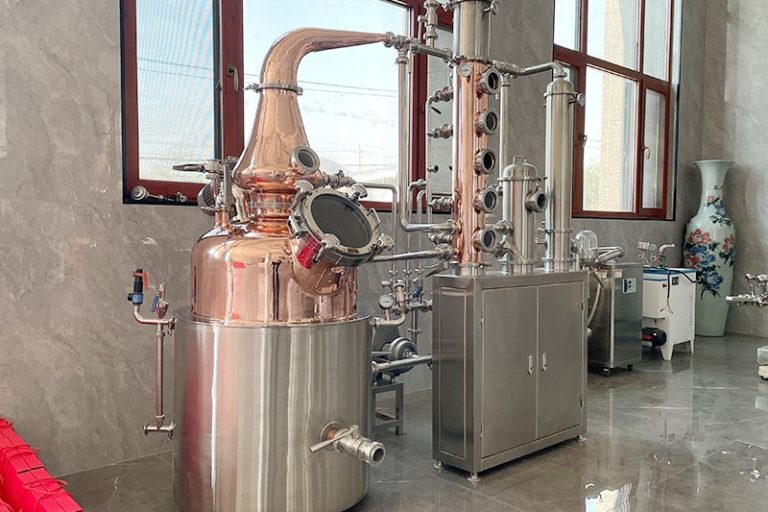
The differences and applications of distillation
The main difference between these distillation methods is their application based on the properties of the mixture. Simple distillation is suitable for mixtures with different boiling points, while fractional distillation is effective for components with closer boiling points. Destructive distillation, but, is used to break down organic materials into useful by-products.
Some applications of distillation:
- Purification of organic solvents—absolute ethanol (100%).
- Separate non-volatile substances from volatile substances.
- Purification of drugs produced using chemical processes.
- Petroleum product refining – Petroleum ether 60,80.
- Solvent recovery-synthesis.
- Remove salt from water to prepare drinking water.
- Separate methanol or ethanol from water
- Concentration of oils and beverages in the food industry.
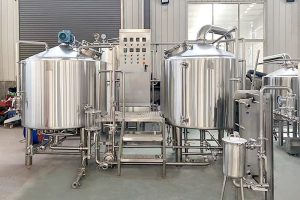
Fabricante de equipos para fábricas de cerveza Los suministros de elaboración de cerveza proporcionados por Micet Craft pueden satisfacer sus necesidades de elaboración de cerveza,
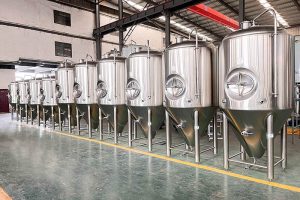
China fabricante y proveedores de equipos de elaboración de cerveza Micet Craft ha colaborado con cervecerías de muchos países del mundo para suministrarles equipos de
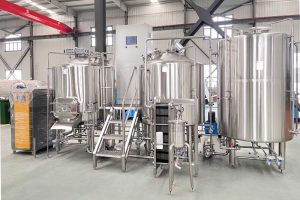
Best brewhouse equipment manufacturer from china Brewing good beer requires brewhouse equipment. Whether you are brewing beer for home, business or brewery, Micet Craft can
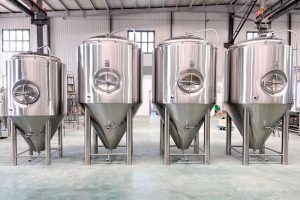
China stainless steel fermentation vessels manufacturer The fermentation tank is where the beer carry out the fermentation process, it provides a place suitable for life
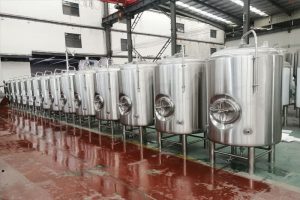
Tanque de cerveza brillante profesional fabricante de China El tanque brillante es un recipiente para almacenar y carbonatar la cerveza, también se le llama tanque

El mejor fabricante de sistemas de elaboración de cerveza de china Micet Craft es un fabricante profesional de sistemas de elaboración de cerveza en China.
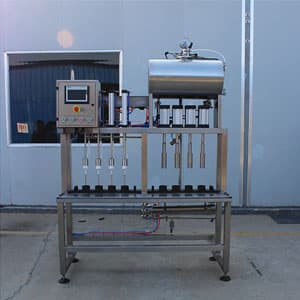
Clasificación de la máquina de llenado de cerveza La máquina llenadora de cerveza es el equipo central de la línea de producción de cerveza. Nuestro

Fabricante de equipos para fábricas de cerveza Los suministros de elaboración de cerveza proporcionados por Micet Craft pueden satisfacer sus necesidades de elaboración de cerveza,

China fabricante y proveedores de equipos de elaboración de cerveza Micet Craft ha colaborado con cervecerías de muchos países del mundo para suministrarles equipos de

Best brewhouse equipment manufacturer from china Brewing good beer requires brewhouse equipment. Whether you are brewing beer for home, business or brewery, Micet Craft can

China stainless steel fermentation vessels manufacturer The fermentation tank is where the beer carry out the fermentation process, it provides a place suitable for life

Tanque de cerveza brillante profesional fabricante de China El tanque brillante es un recipiente para almacenar y carbonatar la cerveza, también se le llama tanque

El mejor fabricante de sistemas de elaboración de cerveza de china Micet Craft es un fabricante profesional de sistemas de elaboración de cerveza en China.

Clasificación de la máquina de llenado de cerveza La máquina llenadora de cerveza es el equipo central de la línea de producción de cerveza. Nuestro

